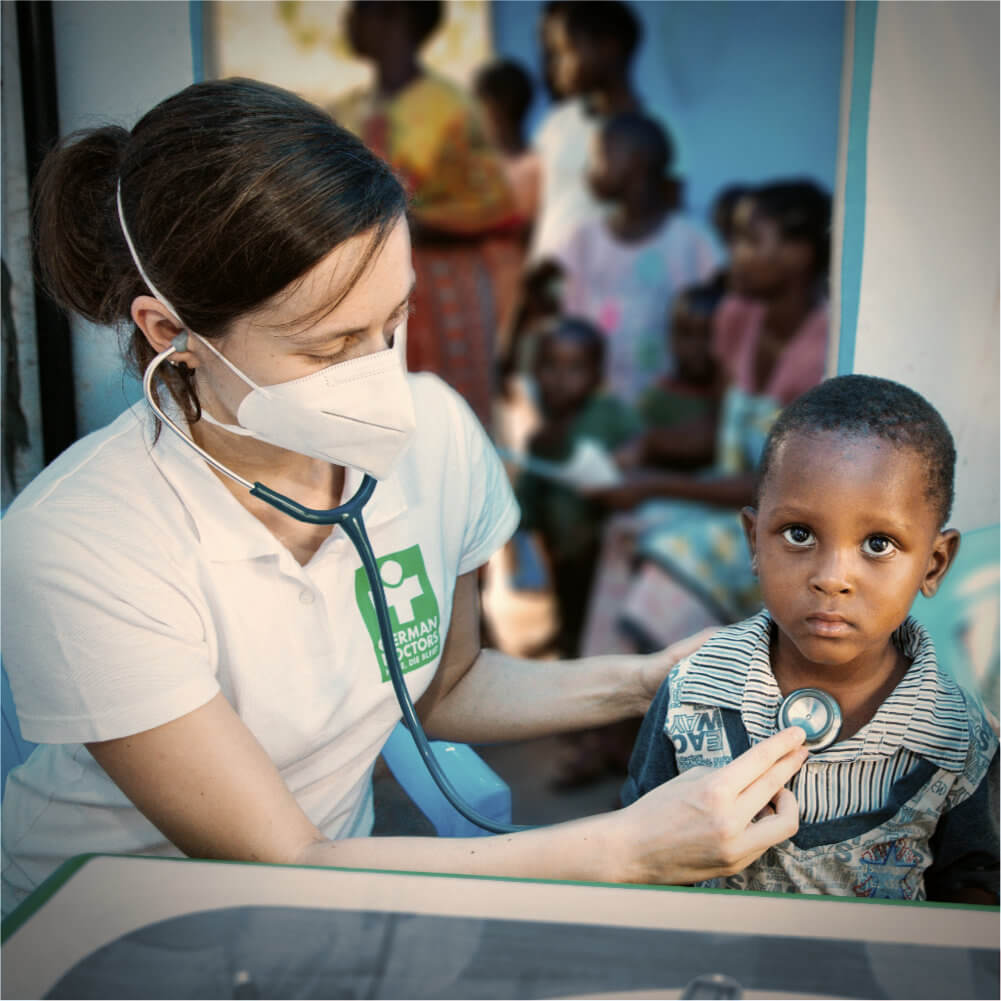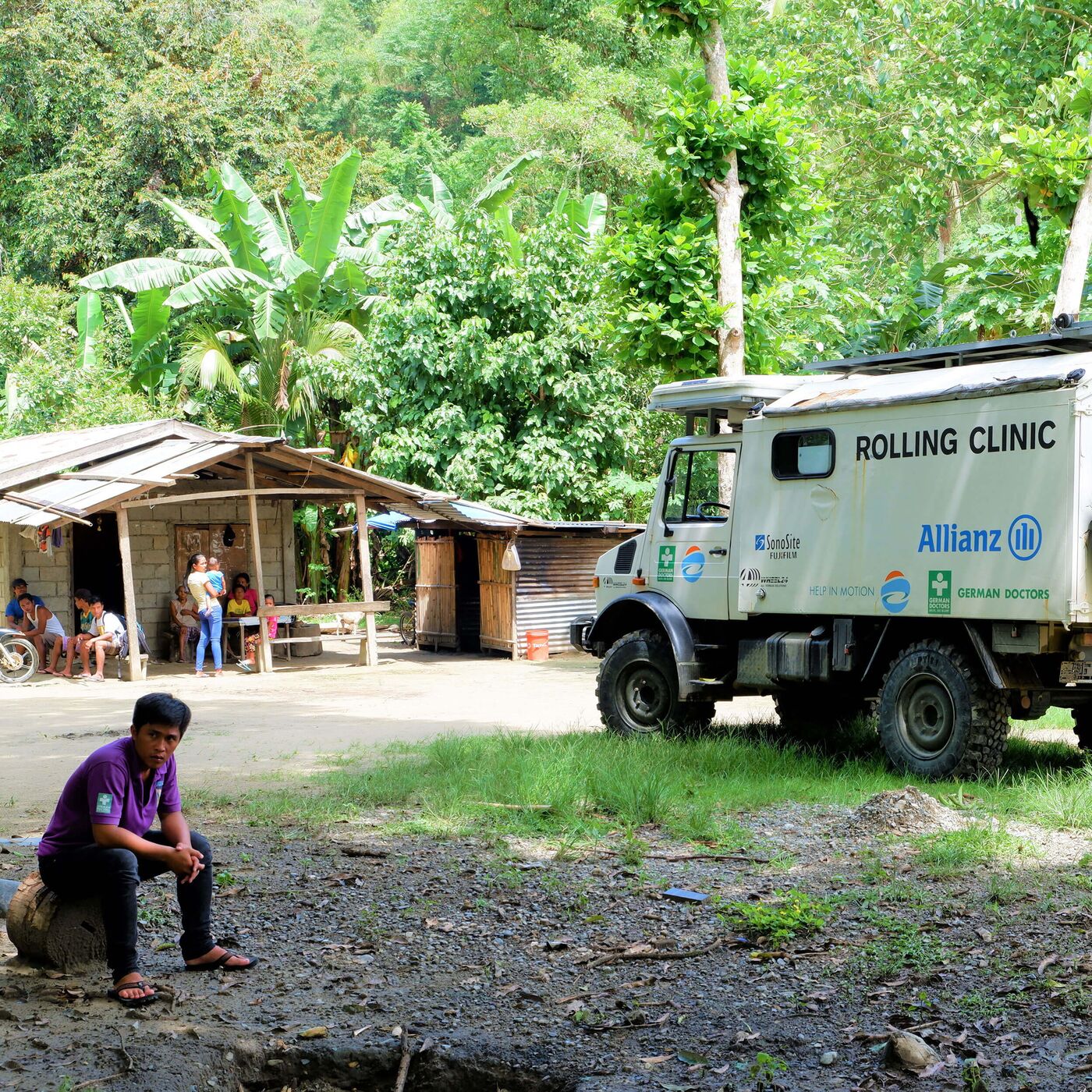Our Luzon Project
Overview
Help on four wheels: the rolling clinic
Time seems to have stood still in the mountainous region of the island Luzon in the Philippines. The indigenous tribes, the Isneg and the Astas, live in remote villages in the mountains. Most of them are poor farmers who have struggled to build small terrasses on the steep slopes on which they grow rice – just enough to feed the family. These is not much left to sell.
Due to the lack of infrastructure, the closest doctor can only be reached by strenuous walking for hours. Therefore, many people in mountainous areas on Luzon try to get by without medical aid, sometimes with fatal results. Fortunately, the situation has changed since German doctors have been visiting the villages with their rolling clinics. Every working day two teams consisting of a German doctor, a driver, and a pharmaceutical assistant set off from the doctors’ house in the town of Abulug to provide medical care in the remote villages.





Investing in the future: medical training
The German Doctors will not be able to stay on Luzon forever. It is our goal to sustainably improve the situation in the remote mountainous regions according to the motto, `helping to achieve independence’. The key to this is basic medical training of local health workers (BHW): 325 have already successfully completed their training.
Help on four wheels: the rolling clinic
Time seems to have stood still in the mountainous region of the island Luzon in the Philippines. The indigenous tribes, the Isneg and the Astas, live in remote villages in the mountains. Most of them are poor farmers who have struggled to build small terrasses on the steep slopes on which they grow rice – just enough to feed the family. These is not much left to sell.
Due to the lack of infrastructure, the closest doctor can only be reached by strenuous walking for hours. Therefore, many people in mountainous areas on Luzon try to get by without medical aid, sometimes with fatal results. Fortunately, the situation has changed since German doctors have been visiting the villages with their rolling clinics. Every working day two teams consisting of a German doctor, a driver, and a pharmaceutical assistant set off from the doctors’ house in the town of Abulug to provide medical care in the remote villages.
Investing in the future: medical training
The German Doctors will not be able to stay on Luzon forever. It is our goal to sustainably improve the situation in the remote mountainous regions according to the motto, `helping to achieve independence’. The key to this is basic medical training of local health workers (BHW): 325 have already successfully completed their training.
Dates & Facts
Projekt start: 2018
Number of doctors: two German doctors are generally available on site.
Missions: 47 voluntary missions since the project began
Patient contacts: approximately 6,000 treatments annually
Partner: the German Doctors is an officially registered, non-governmental organization (NGO) in the Philippines.




Structure: Setting off from the doctors’ house in the town of Abulug, the rolling clinic visits 40 villages according to a fixed plan. The tours last up to nine days. The team members often spend the night in the villages. We also train community members to become health workers and thereby strengthen the local healthcare system. This is accomplished on 33 seminar days spread over several months. 486 women have already completed their training.
Mission sites: remote villages in the Apayao und Cagayan provinces
Commonest health problems: musculoskeletal diseases, pulmonary diseases, chronic diseases, and a number of skin diseases
Projekt start: 2018
Number of doctors: two German doctors are generally available on site.
Missions: 47 voluntary missions since the project began
Patient contacts: approximately 6,000 treatments annually
Partner: the German Doctors is an officially registered, non-governmental organization (NGO) in the Philippines.
Structure: Setting off from the doctors’ house in the town of Abulug, the rolling clinic visits 40 villages according to a fixed plan. The tours last up to nine days. The team members often spend the night in the villages. We also train community members to become health workers and thereby strengthen the local healthcare system. This is accomplished on 33 seminar days spread over several months. 486 women have already completed their training.
Mission sites: remote villages in the Apayao und Cagayan provinces
Commonest health problems: musculoskeletal diseases, pulmonary diseases, chronic diseases, and a number of skin diseases
Rolling Clinic
Travelling in remote areas
These rolling-clinic missions are quite strenuous for the doctors and their local colleagues. The 4-wheel-drive vehicles must climb steep slopes, travel over bumpy gravel roads, and even cross rivers.
40 villages are regularly visited according to a fixed plan starting from the doctors’ house in Abulug. This ensures that the people in these villages know exactly when they will be able to receive medical attention. The team consists of two German doctors, a driver, a pharmaceutical assistant, and the Barangay Health Workers (BHWs).




Hand in hand with the local colleagues
Before the consultations begin, the boxes of medical supplies are unpacked, the patient cards are fetched, and medical instruments, like a stethoscope, otoscope, and mobile ultrasound equipment are prepared. The health workers who assist the rolling clinics use the waiting times to inform patients about disease prevention, proper nourishment, and dental hygiene.
A reason for many infectious diseases is the poor hygienic conditions. In our projects, we prioritize health information, disease prevention, building toilets, and cooperation in improving the water supply by providing water pipes. Regional financing is often available.
Travelling in remote areas
These rolling-clinic missions are quite strenuous for the doctors and their local colleagues. The 4-wheel-drive vehicles must climb steep slopes, travel over bumpy gravel roads, and even cross rivers.
40 villages are regularly visited according to a fixed plan starting from the doctors’ house in Abulug. This ensures that the people in these villages know exactly when they will be able to receive medical attention. The team consists of two German doctors, a driver, a pharmaceutical assistant, and the Barangay Health Workers (BHWs).
Hand in hand with the local colleagues
Before the consultations begin, the boxes of medical supplies are unpacked, the patient cards are fetched, and medical instruments, like a stethoscope, otoscope, and mobile ultrasound equipment are prepared. The health workers who assist the rolling clinics use the waiting times to inform patients about disease prevention, proper nourishment, and dental hygiene.
A reason for many infectious diseases is the poor hygienic conditions. In our projects, we prioritize health information, disease prevention, building toilets, and cooperation in improving the water supply by providing water pipes. Regional financing is often available.
Training
Strengthening the local healthcare system
State health stations already exist in some of our project villages. These are, however, often hardly more than a shed and, if there are any health personnel there at all, they are poorly trained and have hardly any medicaments. According to our motto, `help that lasts’, we want to sustainably strengthen the local healthcare system on Luzon and lay the foundations for a time when our medical aid will no longer be needed.
The key to achieving this lies in training local health workers so they can take over the basic medical care of the local population. The village members decide who will participate in the training – mostly engaged, literate women who have both the desire and the capacity to care for 20 families in the village. The local situation is analyzed during many initial discussions with mayors, village authorities, and midwives before deciding which kind of training is needed. 486 health workers have already successfully completed their training. 100 are currently being trained.





Training of health workers
The training lasts five months and consists of 33 training days. The health workers learn to recognize emergencies and deal appropriately with them. They care for pregnant women and patients with chronic conditions and the monitor the development of children. Women receive information and are encouraged to attend prenatal care as early as possible to prevent risk pregnancies. Many diseases can be prevented or healed thanks to the close supervision and timely referral to the nearest hospital.
Strengthening the local healthcare system
State health stations already exist in some of our project villages. These are, however, often hardly more than a shed and, if there are any health personnel there at all, they are poorly trained and have hardly any medicaments. According to our motto, `help that lasts’, we want to sustainably strengthen the local healthcare system on Luzon and lay the foundations for a time when our medical aid will no longer be needed.
The key to achieving this lies in training local health workers so they can take over the basic medical care of the local population. The village members decide who will participate in the training – mostly engaged, literate women who have both the desire and the capacity to care for 20 families in the village. The local situation is analyzed during many initial discussions with mayors, village authorities, and midwives before deciding which kind of training is needed. 486 health workers have already successfully completed their training. 100 are currently being trained.
Training of health workers
The training lasts five months and consists of 33 training days. The health workers learn to recognize emergencies and deal appropriately with them. They care for pregnant women and patients with chronic conditions and the monitor the development of children. Women receive information and are encouraged to attend prenatal care as early as possible to prevent risk pregnancies. Many diseases can be prevented or healed thanks to the close supervision and timely referral to the nearest hospital.
Living Conditions
Life in remote areas
Many indigenous tribes on Luzon still live today like they did 100 years ago.Since children often must help in the fields, they only irregularly attend school. The Apayao provinces and some areas in Cagayan are categorized as `geographically isolated and disadvantaged areas’ (GIDA). The Banaue rice terraces are very famous, as they have been included in the UNESCO World Cultural Heritage since 1995.





Traditional village life
The Rolling Clinic team repeatedly sees diseases that are caused by insufficient hygiene and a lack of access to potable water. Children are especially afflicted; diarrhoeal diseases can quickly become threatening for them.
Patients with psychic illnesses are not well cared for in the remote villages because the inhabitants have no access to medicaments, and these diseases are often stigmatized. We are working to see that these individuals are stabilized by proper medication and can thereby live better lives.
Our mission sites on Luzon are in second place on the list of the 20 most impoverished provinces in the Philippines. Despite the material poverty, the inhabitants always find ways to help one another.
Life in remote areas
Many indigenous tribes on Luzon still live today like they did 100 years ago.Since children often must help in the fields, they only irregularly attend school. The Apayao provinces and some areas in Cagayan are categorized as `geographically isolated and disadvantaged areas’ (GIDA). The Banaue rice terraces are very famous, as they have been included in the UNESCO World Cultural Heritage since 1995.
Traditional village life
The Rolling Clinic team repeatedly sees diseases that are caused by insufficient hygiene and a lack of access to potable water. Children are especially afflicted; diarrhoeal diseases can quickly become threatening for them.
Patients with psychic illnesses are not well cared for in the remote villages because the inhabitants have no access to medicaments, and these diseases are often stigmatized. We are working to see that these individuals are stabilized by proper medication and can thereby live better lives.
Our mission sites on Luzon are in second place on the list of the 20 most impoverished provinces in the Philippines. Despite the material poverty, the inhabitants always find ways to help one another.

















